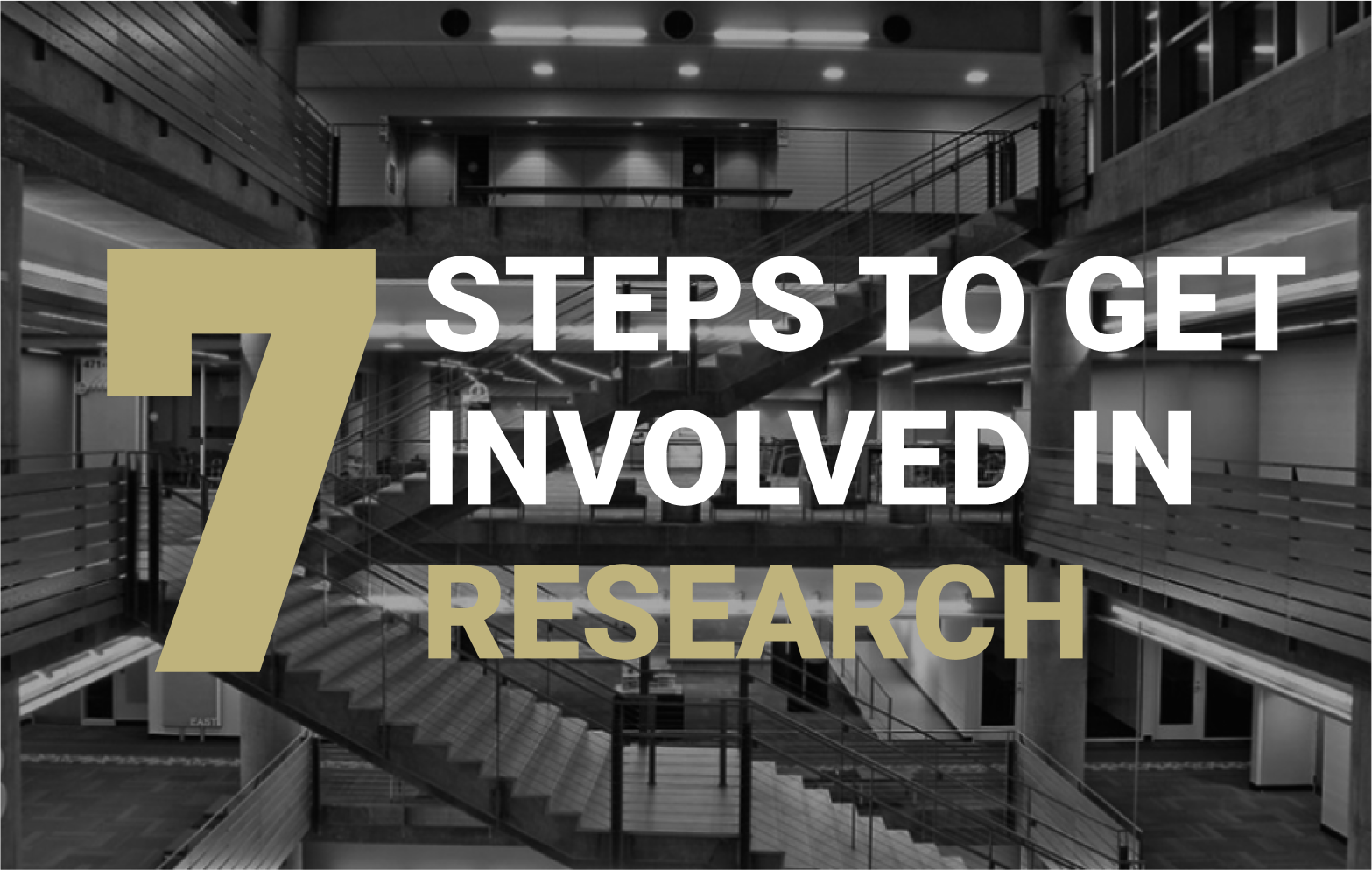

Ask yourself: What kinds of topics or questions are interesting to you? What impact do you want to have on the world with your research? Think about what you want to do in research. This is a good time to consult with the Undergraduate Research Ambassadors (URA). They are a great resource for peer advice and learning about other GT students’ undergraduate research journeys. Click here for a roster of current Undergraduate Research Ambassadors (URAs).
Identify four or five faculty members whose research is exciting to you. Don’t limit yourself to research within your major or college. Keep a broad perspective when searching for potential research opportunities. Explore faculty webpages to learn about their ongoing research and how undergraduates are involved. Ask your Teaching Assistants (TAs) and instructors about faculty research programs. Read faculty papers and other publications. Click the link below for general resources about undergraduate research opportunities at Georgia Tech and beyond.
Contact the faculty members. Write an email or visit faculty during their office hours. When emailing faculty, be sure to list your information (name, class year, major) and explain your interest in their research to show you “did your homework”. Ask for a brief (~15 minute) meeting to discuss possibilities for you to get involved and provide some large blocks of time during which you are available. Remember: this is a professional interaction, and it’s important to make a good impression.

Follow up if needed. Sometimes our faculty can get very busy. If you don’t receive a reply after one week, it’s okay to politely follow up and express your continued interest in their research. Be sure to update your availability for a brief meeting. Securing a research experience can require persistence, but the payoff is worth it!

Discuss expectations for an undergraduate research position. When you meet with faculty to discuss research opportunities, be sure to ask about expectations. How much time will the project require? Will you need to conduct research on-site or remotely? Who will provide training and how? The best undergraduate research experiences evolve from mentor/mentee relationships with clearly defined expectations. It’s important to find a research position in which you’re set up for success from the beginning.
Register for a research course. Once you’ve secured a research position, it’s important to get credit for your work. You can enroll in a research course for graded academic credit, or you can enroll in a non-billable audit course that represents your research experience on your transcript. Both options are variable credit courses that can be adapted each semester to your weekly time commitment on the project. Click here for more information about registering for research courses.
If you're still having trouble finding a research opportunity, reach out to UROP, the Undergraduate Research Ambassadors (URA), and/or your school’s undergraduate research coordinator. We can guide and assist you in finding a research position. If you email UROP, please include your full name, class year, major, and a detailed description of your efforts so far.





